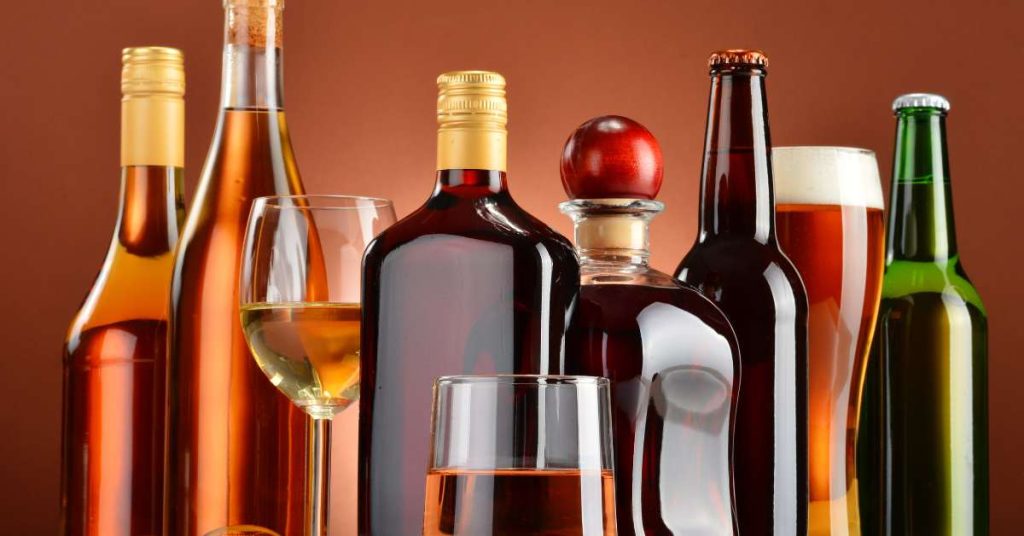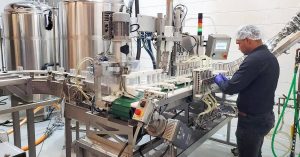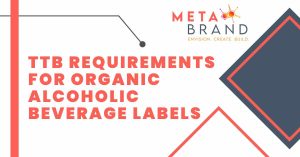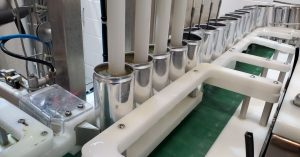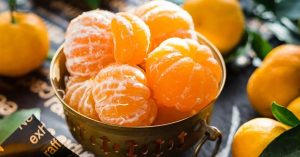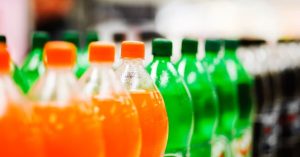Alcoholic beverages are a staple in various markets, from casual settings to luxury events, and demand remains high across diverse customer bases. For businesses looking to produce their own alcoholic beverages, understanding the common components and processes behind popular drinks can clarify which types align best with their brand.
At MetaBrand, we offer expert manufacturing solutions designed to create unique, high-quality alcoholic beverages. This guide dives and answers the question: what do common alcoholic beverages include and provides valuable insights on each major type to help you make informed decisions for your product line.
Common Ingredients in Alcoholic Beverages
The foundation of most alcoholic beverages lies in a few essential ingredients, each contributing to flavor, consistency, and alcohol content. Regardless of the type, these key components are critical in achieving the desired quality:
Water: As the primary ingredient, water’s quality and mineral content significantly influence taste and clarity. We often seek specific water profiles to match or enhance the flavor profile of each beverage.
Yeast: This microorganism is responsible for fermentation, converting sugars into alcohol and carbon dioxide. Depending on the beverage type, we use various yeast strains to impact flavor and alcohol levels.
Sugars and Carbohydrates: Sugars—whether from grains, fruits, or other sources—are essential for fermentation. Common sources include barley, wheat, and corn for beers and spirits, while fruits like grapes and apples are typical in wines and ciders.
Flavors and Additives: Some beverages incorporate hops, botanicals, or spices to create signature tastes. These can be natural or synthetic, depending on our client’s goals and regulatory requirements.
Alcohol Content (Ethanol): Produced during fermentation, ethanol varies by beverage type, affecting taste, strength, and market position.
For us as manufacturers, these components are not only foundational to production but also essential in maintaining the product’s quality and consumer appeal.
Popular Types of Alcoholic Beverages
Understanding the primary categories of alcoholic beverages provides valuable insight for businesses looking to expand their offerings.
Beer
Beer is one of the oldest and most widely consumed alcoholic drinks globally. It is typically brewed using barley, hops, water, and yeast, though recipes can vary widely. The two main categories of beer are lagers and ales, which differ in fermentation process and flavor profile. Lagers undergo a longer, cooler fermentation, resulting in a clean, crisp taste, while ales have a shorter, warmer fermentation that gives a fuller-bodied flavor. The craft beer movement has added countless variations, from IPAs to stouts, each with unique characteristics.
Wine
Made primarily from fermented grapes, wine also has a long history and diverse range of types. The primary categories—red, white, and rosé—depend on the type of grapes and fermentation methods used. Wines like Champagne or sparkling wines are distinguished by secondary fermentation, which creates carbonation. Flavor, body, and aroma can vary significantly based on factors like grape variety and the aging process, making wine production an intricate art that we at MetaBrand are ready to guide you through at every step.
Spirits
Spirits are distilled beverages with a higher alcohol content than beer or wine, typically 40% ABV or higher. Some of the most popular types of spirits include whiskey, vodka, gin, and rum. Whiskey, for example, is made from grains and aged in barrels to develop its complex flavors, while botanicals, especially juniper, characterize gin. Vodka is known for its neutrality, making it versatile in cocktails, while rum, made from sugarcane, has a signature sweetness. Each spirit type requires specialized knowledge and equipment to meet industry standards, which we bring to the table.
Manufacturing Insights for Each Beverage Type
Creating high-quality alcoholic beverages involves unique production processes tailored to each type. Here’s how we support each:
Beer Production
Beer production includes key stages such as mashing, boiling, fermenting, and conditioning. The choice of grains, hops, and yeast, along with fermentation time and temperature, determines the final product’s taste and appearance. Our advanced brewing systems support scalable production, allowing brands to create anything from traditional lagers to innovative craft brews. We accommodate both small-batch experimentation and large-scale production to meet a range of market demands.
Wine Production
Wine manufacturing is an intricate process that combines fermentation and aging techniques. Our facilities provide temperature-controlled fermentation tanks and oak barrels to ensure consistent quality across all wine types. By managing variables like fermentation time, barrel aging, and even grape selection, we support our clients in creating unique products that align with their vision and appeal to wine enthusiasts.
Spirits Production
Distilling spirits is a highly controlled process that requires precise temperature adjustments and specialized equipment. We provide comprehensive distillation services for whiskey, vodka, gin, and rum, using techniques that ensure each product meets the client’s desired flavor profile and purity level. Our focus on quality control throughout the distillation, aging, and bottling processes helps produce spirits that stand out in a competitive market.
Our manufacturing solutions allow businesses to focus on brand-building while we ensure product quality and consistency.
5 Reasons to Choose MetaBrand for Alcoholic Beverage Manufacturing
We stand out as a trusted partner in the alcoholic beverage industry due to our extensive expertise, state-of-the-art facilities, and commitment to quality. Here’s why partnering with us benefits your brand:
1. Comprehensive Service Range
From ingredient sourcing to bottling and labeling, we provide end-to-end solutions that streamline production and maintain high standards of quality.
2. Scalability
Our production systems are designed to support both small startups and established brands, ensuring flexibility to grow with your business.
3. Customization Expertise
We understand that each brand is unique. Our team collaborates with clients to adjust recipes, alcohol content, and packaging designs, delivering a product that reflects your brand identity.
4. Strict Quality and Compliance Standards
We are dedicated to regulatory compliance and quality assurance at every step of production. With us, you can feel confident that each batch meets rigorous standards, ready for market distribution.
5. Commitment to Innovation
As consumer tastes evolve, so should your products. Our team is equipped with the latest industry insights and production capabilities, enabling brands to experiment with new flavors, ingredients, and production methods.
Choosing MetaBrand means selecting a partner committed to bringing your vision to life, with a focus on high-quality manufacturing and a flexible approach to support your unique needs.
MetaBrand: Your Go-To for Alcoholic Beverage Manufacturing
The alcoholic beverage industry is expansive and full of opportunities for brands looking to develop their own products. By understanding what common alcoholic beverages include—from beer and wine to spirits—businesses can better prepare for the manufacturing process. We offer expertise across all stages, from production to packaging, ensuring that each product meets the highest standards. Our goal is to help brands deliver exceptional, market-ready beverages that stand out.
Ready to start your journey in alcoholic beverage manufacturing? Contact us at MetaBrand to explore how our expertise can elevate your brand in the beverage industry.


